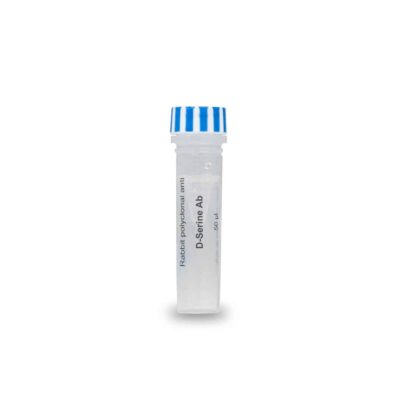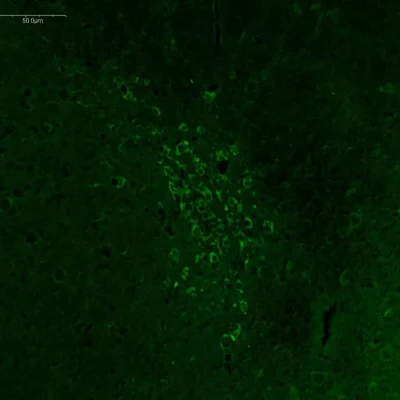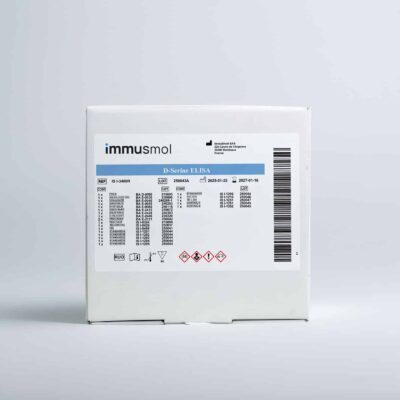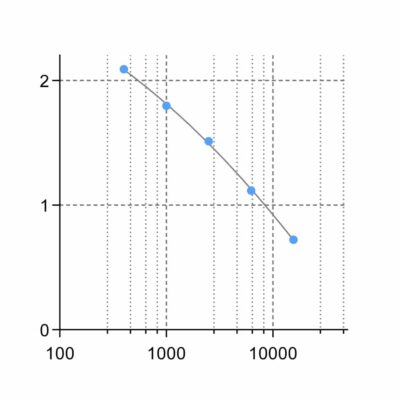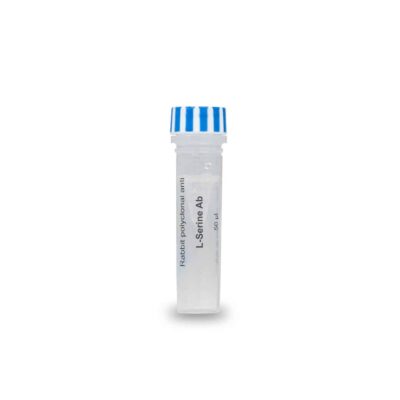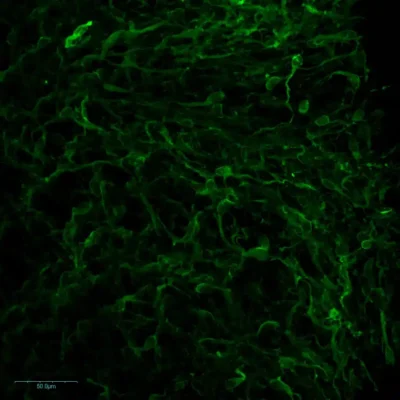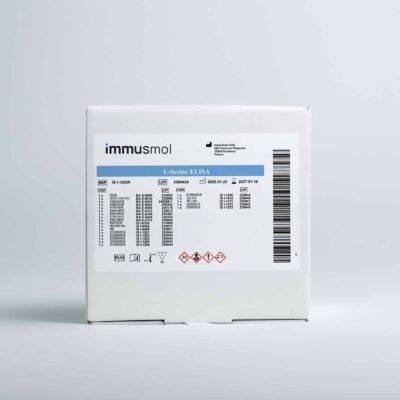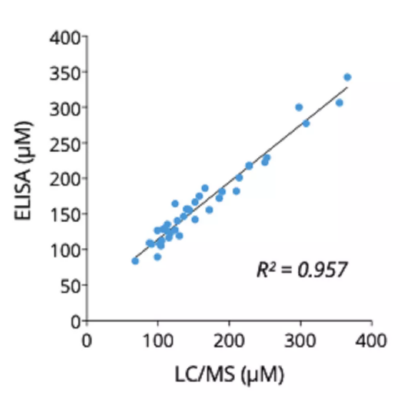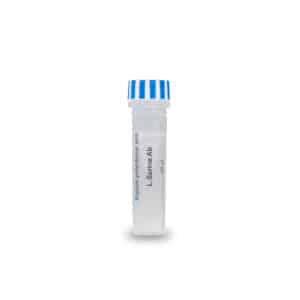New ELISA kit for the Quantification of D-Serine!
June 3, 2025 2025-06-20 8:57
New ELISA kit for the Quantification of D-Serine!
Two years after the launch of our L-Serine ELISA kit (already cited in two peer-reviewed publications), our R&D team has now developed a D-Serine ELISA kit, validated for use in human plasma samples. Compatible with any species, and featuring detection limit of 0.1 µM and a dynamic range of 0.4 µM to 15.63 µM, this assay is also well-suited for the quantification of D-Serine in other matrices, including serum, cerebrospinal fluid (CSF), and cell culture supernatants.
The D-enantiomer of serine is primarily found in the brain and kidneys. Acting as a co-agonist at NMDA (N-methyl-D-aspartate) receptors, D-Serine plays a key role in synaptic plasticity, memory formation, learning, and neurodevelopment. D-Serine levels are typically reduced in conditions such as schizophrenia (associated with NMDA receptor hypofunction) and elevated in neurodegenerative diseases like Alzheimer’s disease, multiple sclerosis, and amyotrophic lateral sclerosis (ALS). Abnormal D-Serine concentrations have also been observed as potential biomarkers in epilepsy and autism spectrum disorders.
In the periphery, D-Serine is metabolized and cleared by the kidneys. Consequently, elevated plasma levels may be indicative of chronic kidney disease (CKD), making it a promising marker for monitoring renal function.
In addition to this D-Serine ELISA kit, 2 primary antibodies for each Serine enantiomer are available for imaging applications.
D-Serine Antibody – Rabbit Polyclonal
€ 449
L-Serine Antibody – Rabbit Polyclonal
€ 449
